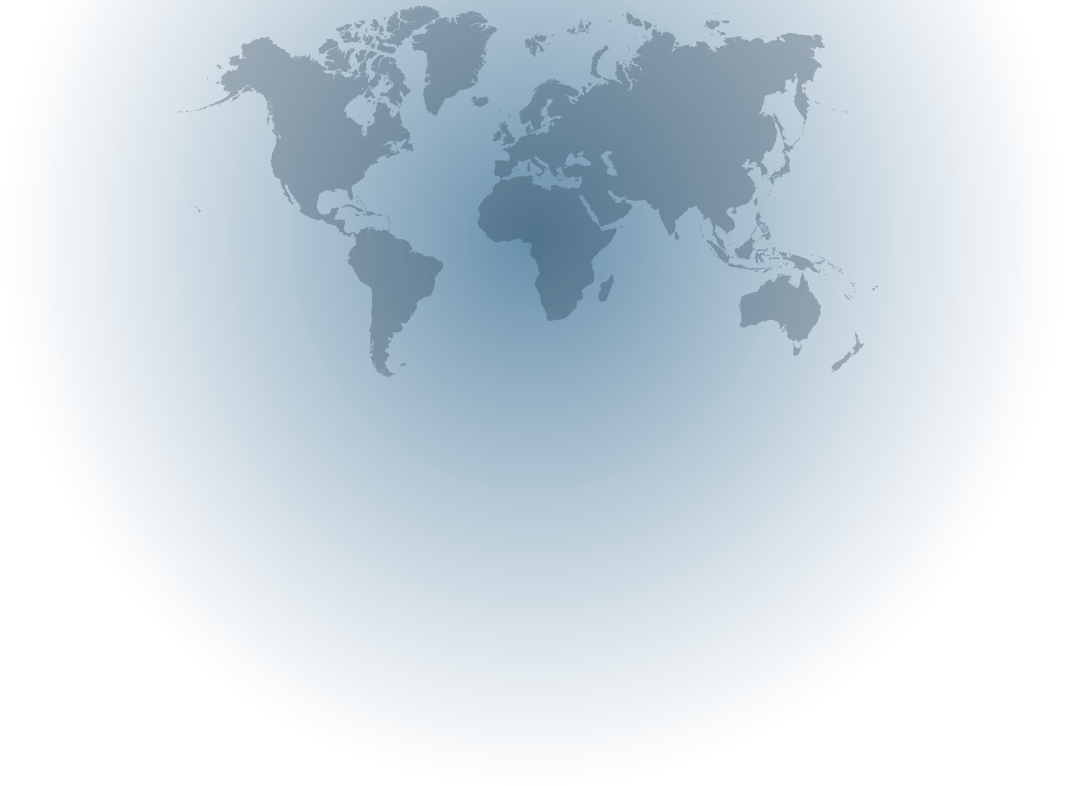
VASCULAR LESIONS

Vascular lesions are the result of numerous or large vessels that form directly underneath the skin. This usually results in a red appearance in the skin since the vessels can be visible through the skin.
Vascular lesions occur in many sizes, shapes and forms all over the body. These lesions occur in a variety of forms including broken capillaries and cherry angiomas. These conditions can be treated with a variety of devices including lasers.
Request More Info About
VASCULAR LESIONS
VASCULAR LESIONS IN DEPTH
by Martin Kassir, M.D., F.A.A.D.
Laser For Cherry Angiomas (red moles)
Just about everyone has red moles as they age. They appear as bright red spots on the skin, usually on the trunk, back, and extremities. They are benign and very easily treated with a laser (typically in one or two sessions). The video below demonstrates treatment of these moles with laser.
Laser for Nasal Veins
Do you have "spider veins" or fine red veins on the sides of your nose? You are probably a candidate for laser treatment of spider veins.
Laser Vascular Lesion Removal
Vascular lesions do not go away by themselves. Fortunately, they can be removed by laser therapy. Our facility uses a variety of devices to improve the appearance of vascular lesions.
Vascular Lesions Before & After Gallery
Click here to see the vascular lesions gallery
aSKINg the EXPERT: Vascular Lesions
How Does Laser Vascular Lesion Removal Work?
Our devices use a beam of light to improve a broad range of vascular conditions by selectively treating the areas of concern. The laser light selectively targets and coagulates problem blood vessels while leaving the surrounding skin unchanged.
How Many Treatments Are Required?
Results are seen within three to four weeks. Typically, one to two treatments are recommended. For conditions such as birthmarks or hemangiomas, several treatments will be required.
Is Laser Vascular Lesion Removal Painful?
There is some minor discomfort associated with laser treatment. Most patients describe the sensation as a series of rubber band snaps to the skin. We can often reduce or eliminate this by cooling the treated area with an air-cooling device.
How much does a laser treatment cost for broken capillaries?
The cost of a treatment for broken capillaries varies due to location, size, and the device being used.
What is the best treatment for dark circles under the eyes?
“Dark circles” under the eyes means several different things. The underlying causes could be so varied. We need a thorough medical history, physical examination, and specialized photography. Then based on the evaluation we would recommend a course of treatment.
What causes varicose veins?
Varicose Veins are enlarged, twisted, bluish-purple veins on the lower extremities, and are more common among women. There is a natural blood flow back up the legs, and when the valve system does not work properly this creates a back flow of blood causing bulging of the veins. Risk factors include: increased age, genetic predisposition, obesity, certain occupations where you stand a lot, pregnancy, menopause, and birth control.
Can a laser help reduce leg veins (spider veins)?
Unsightly superficial veins can usually be treated with a laser. Veins on the lower extremities, thighs and calves, are treated differently from the veins on the face. The skin is thicker on the legs so the spot size and settings will differ. Laser treatment can also be combined with other treatments for optimal results.
What treatments are available for varicose veins?
All leg veins do not have to be varicose veins in order to be treated. To determine the best treatment option, it is important to get a thorough evaluation of the veins.
VASCULAR LESIONS News
Treatment for Red Blood Vessels
by Martin Kassir, M.D., F.A.A.D.

Kassir Dermatology © 2025















